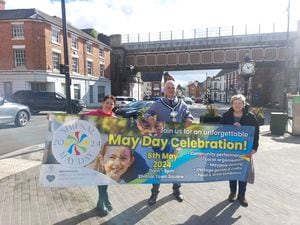Letter: Answers on aspirin
Why did it take so long for the National Institute for Clinical Excellence (Nice) to decide that aspirin (antiplatelets) provide marginal, or if any protection against devastating atrial fibrillation related strokes?
In the words of Dr Campbell Cowan, chair of the Guideline Development Group at Nice, who told the media on June 18 that: "Aspirin has been a smokescreen in anticoagulation. We now know it is not safer and it's questionable whether it has any effect at all".
The reviewed Nice guidelines updated for the first time since 2006 change the ethos of anticoagulation, Dr Cowan said: "Any stroke occurring in a patient with atrial fibrillation is a tragedy because it was preventable".
Nice said that strokes among people with atrial fibrillation were "highly preventable" and 7,000 a year could be averted if treated with anticoagulants, as well as 2,000 premature deaths.
In the UK, approximately 22,500 strokes each year are thought to be directly attributable to AF. Up to 50 per cent of people who have a stroke related to AF die within one year.
A meeting took place on April 30, 2012 at High Holborn London by UK top heart specialists to launch a new report developed to highlight issues in the management of patients with AF who are at a five-fold increased risk of suffering a stroke and that report specifically focused on stroke prevention in people with atrial fibrillation.
There was concern about aspirin prescribed for stroke prevention with AF including those eligible for anticoagulation, despite evidence that stroke protection provided by anticoagulant therapies was far superior. It was called the Stroke Prevention in Atrial Fibrillation Expert Report (Safe) and was published online.
Now with the Nice already approved three novel anticoagulants for none valvular AF patients (a fourth in the pipeline) as alternatives to warfarin, and Nice have reviewed its guidelines with the departure of aspirin, the outcome for AF patients is improving – but sadly comes all too late for those who lost their lives from a AF related stroke.
Philip George, Welshpool





